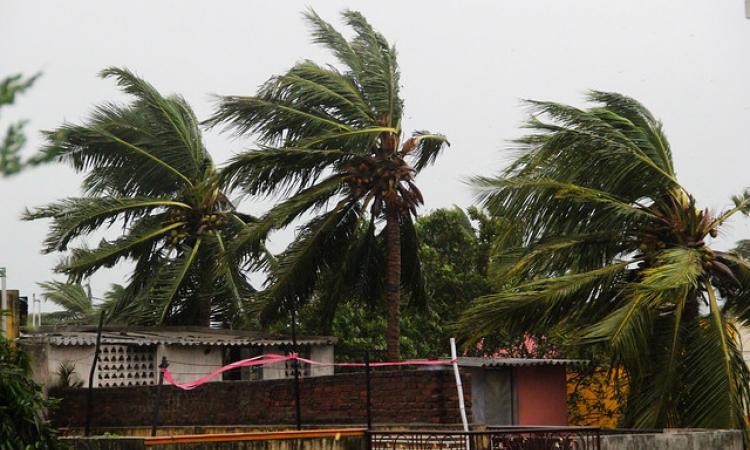
UN report reminds the world to tackle climate change immediately
According to a United Nations report, titled State of the Global Climate 2020 Cyclone Amphan caused catastrophic damage worth $14 billion to India. The report prepared by the World Meteorological Association, a specialized UN body, stated that in 2020 the world witnessed extreme weather events while the COVID-19 pandemic dominated the year.
In 2020 itself, the number of tropical cyclones, like Amphan, reached record levels — with 98 tropical storms recorded globally. The report calls for countries around the world to combine their efforts in fighting climate change and reduce the impact on lives and livelihood.
(The Swaddle)
Mhadei river’s biodiversity index needs urgent study: Experts
As per the member secretary of the Goa State Biodiversity Board, with Karnataka attempting to dam and divert the water of the Mhadei river, there is an urgent need to study the river’s biodiversity index. The assessment will help estimate the complexity, stability and general health of the river, along with the extent of the survey required to record and detect floral and faunal diversity of the river’s ecosystem. The expert further informed that Mhadei harbours rich fish genetic resources, however, only limited research has been carried out on it so far. (The Times of India)
Mumbai developed 132 new flooding spots in the last two years
This year Mumbai has 405 flooding spots, which is an increase by a number of 132 in the last two years. Out of the 405 spots, 176 are in the western suburbs while 139 in the island city.
As per the activists and experts, the reason behind the increased number of flooding spots in the city are infrastructure projects like the coastal road project and metro work, however, the civic body blames the unprecedented amount of rainfall, development works for this increase.
According to the data from Brihanmumbai Municipal Corporation (BMC), 171 flooding spots in the city are attended while 125 are in the process of being completed ahead of the monsoon. (The Indian Express)
India 87th in the Energy Transition Index: WEF
According to the World Economic Forum (WEF) report, among 115 countries, India has been ranked at the 87th position in the Energy Transition Index (ETI) that tracks nations on the current performance of their energy systems across various aspects. While Sweden topped the index, Norway and Denmark followed and the top ten countries in the index are Western and Northern European countries. The index considers the current performance of countries’ energy systems across three dimensions— economic development and growth, environmental sustainability, and energy security and access indicators — and their readiness to transition to secure, sustainable, affordable, and inclusive energy systems. (The Economic Times)
Last year’s lockdowns reduced pollution and slowed the melting of snow in South Asia
According to a new report, last year’s lockdowns owing to COVID-19 pandemic has led to cleaner skies over South Asia as lockdowns had cut emissions of soot and other pollutants. As people drove less and electricity generation from coal was reduced, less soot was released in the atmosphere and thus less deposition of soot occurred on snow.
The cleaner snow in 2020 reflected more sunlight and did not melt fast, which resulted in delayed runoff into the Indus River. The researchers calculated that more than one and a half cubic miles of meltwater were delayed as a runoff, which is similar to the volume of some of the largest reservoirs in the United States. (The New York Times)
This is a roundup of important news published from April 14 - 27, 2021. Also, read policy matters this week.
/articles/world-must-unite-tackle-climate-change-immediately-un